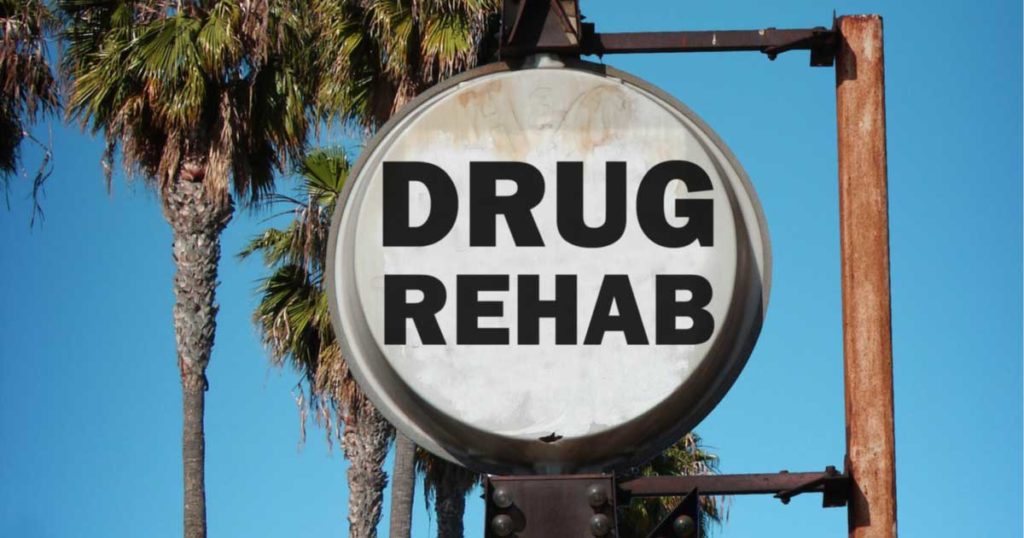Adderall is the brand name of two medications — Adderall and Adderall XR — widely used in the treatment of attention-deficit hyperactivity disorder (ADHD), as well as narcolepsy. These medications contain two substances capable of producing physical dependence and addiction: the stimulant amphetamine and the stimulant dextroamphetamine. Like other stimulants — and most other addictive substances in general — Adderall medications have the potential to produce problems because of the changes they make in your normal brain chemistry.
Brain Chemistry Basics
Your brain is a complex electrochemical system that has two main parts: nerves cells called neurons and chemicals called neurotransmitters. Neurotransmitters get their name because they transmit signals between individual neurons and allow your brain to function in a coordinated, reliable manner. The list of these chemicals includes substances called dopamine, serotonin and glutamate. Dopamine plays a main role in a part of your brain called the pleasure center. This brain area gets its name because it delivers a rewarding feeling when you engage in certain activities (e.g., eating tasty food, participating in a favored hobby, having sex). Levels of dopamine rise when you engage in these activities, triggering a pleasant sensation that typically makes you want to partake in the same behavior in the future.
Adderall and Your Brain
When you consume amphetamine and dextroamphetamine, these stimulants travel through your bloodstream to your brain. Once there, they trigger chemical changes that (among other things) lead to a spike in the dopamine levels inside the pleasure center. If you take Adderall at the recommended dosage under a doctor’s guidance, the rise in dopamine is noticeable but not large enough to seriously alter your overall brain chemistry. This means that people who take Adderall medications as directed run very little risk of developing an addiction. However, the situation changes when you abuse Adderall (or any other stimulant-based ADHD medication) by taking more than your prescription specifies, or by taking it in the absence of any medical need.
Rising Dopamine and Addiction
When dopamine levels inside your pleasure center rise past a certain point, a noticeable but limited feeling of pleasure will transform into the profoundly pleasurable state known as euphoria. If you abuse Adderall or any other stimulant medication, you can knowingly or unintentionally trigger this transition. As with most forms of addiction, problems begin when you repeatedly take Adderall in excessive amounts. If you start doing this habitually, your brain will start expecting an abnormally high level of dopamine inside the pleasure center. This expectation greatly increases the odds that you will continue abusing the medication. Unfortunately, the long-term changes inside your pleasure center will alter the way your brain reacts to dopamine. Eventually, you will need to increase your medication intake in order to receive the same amount of pleasure you once gained from taking a smaller dose. It is this rising spiral of intake that sets the stage for the uncontrolled patterns of consumption that characterize all forms of substance addiction. Once you become addicted to Adderall medications, you usually can’t stop taking them without experiencing withdrawal symptoms such as agitation, depression, sleeplessness, stomach upset, headaches and a significant decline in mental clarity (as well as suicidal thinking in some cases). That’s because your brain will send out signals warning you that it doesn’t “like” the new change in its chemical environment. However, over time, your brain will typically readjust if you bring your abuse of Adderall to an end while under professional care in an appropriate substance treatment program. Resources U.S. National Library of Medicine – MedlinePlus: Dextroamphetamine and Amphetamine https://medlineplus.gov/druginfo/meds/a601234.html National Institute on Drug Abuse: Stimulant ADHD Medications – Methylphenidate and Amphetamines https://www.drugabuse.gov/publications/drugfacts/stimulant-adhd-medications-methylphenidate-amphetamines National Institute of Mental Health: Brain Basics https://www.nimh.nih.gov/health/educational-resources/brain-basics/brain-basics.shtml






